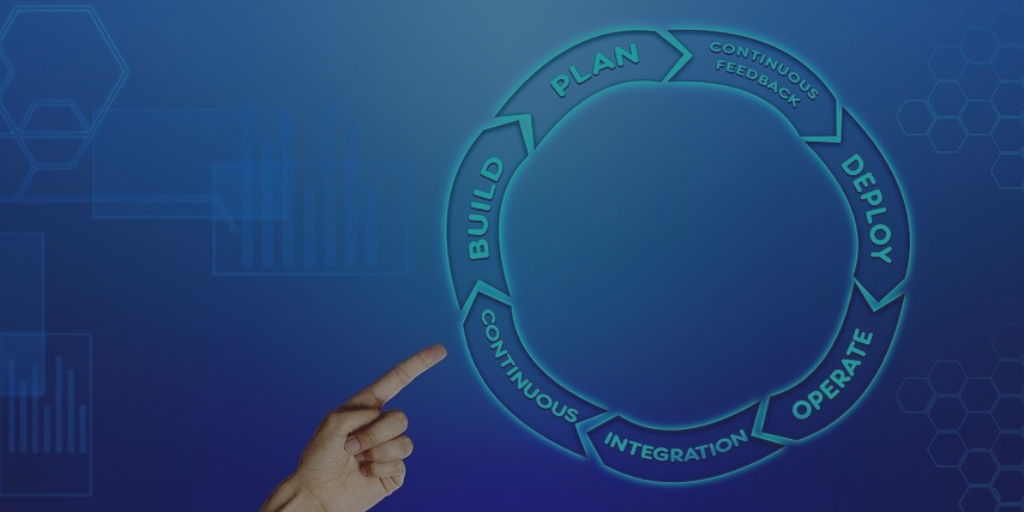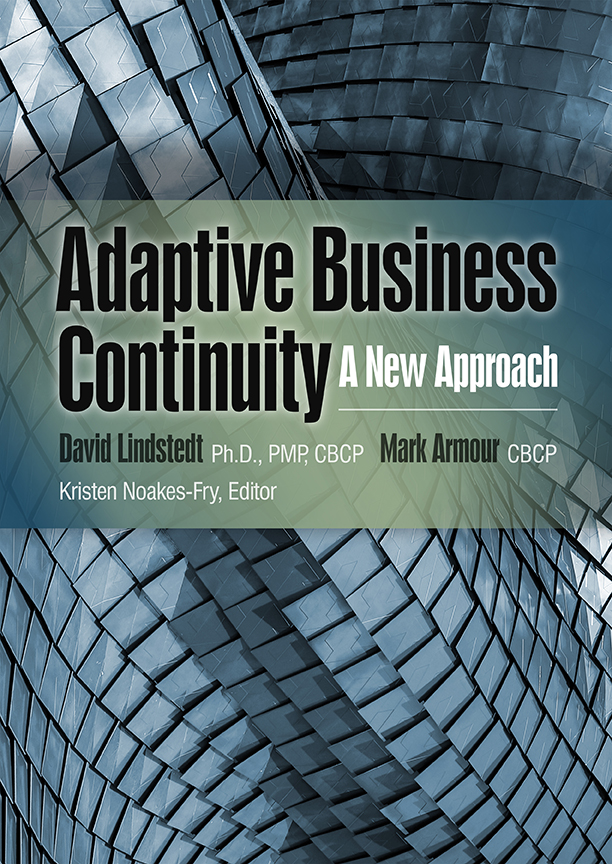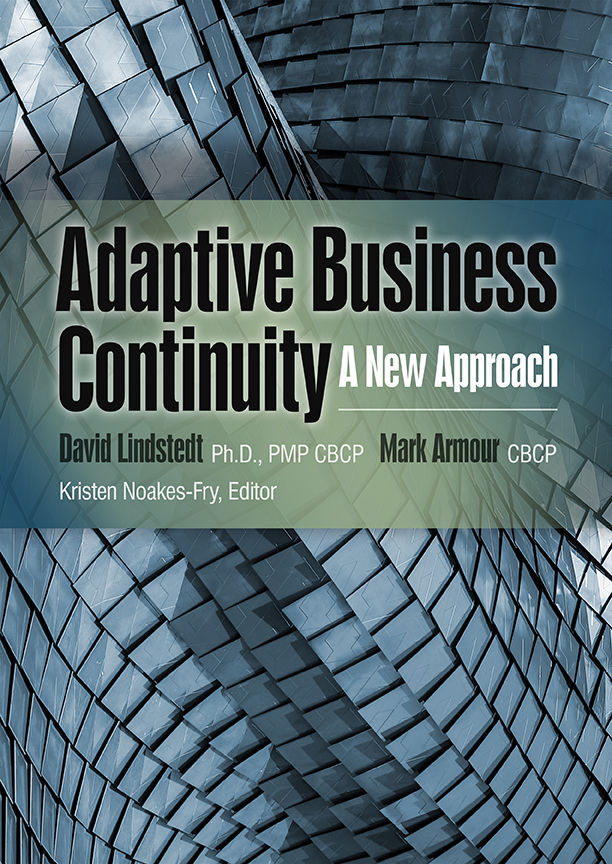





|
Six Drivers and Ten Principles: An Introduction to Adaptive Business Continuity Adaptive Business Continuity (Adaptive BC) is an approach to continuously improve an organization’s recovery capabilities, with a focus on the continued delivery of services following an unexpected unavailability of people, locations, and/or resources. Adaptive BC transforms or eliminates the majority of traditional activities in the continuity planning industry. As a result of this focus on proven practices it can help practitioners stray away from outdated and ineffectual “best” practices. Join author, speaker, and unconventional business continuity thought-leader David Lindstedt as he presents Six Drivers and Ten Principles: An Introduction to Adaptive BC, an in-depth discussion that explores the ways in which Adaptive BC better equips continuity practitioners by enhancing their ability to limit potential damage to organizations’ brand, capital, functions, and revenue following an incident or disaster. Continuity Insights will be hosting this complementary webinar on Thursday, January 17, 2019 at 2:00 p.m. ET. Register here to learn more about this critical topic: Adaptive Business Continuity's Newest approachThrough a wealth of examples, diagrams, and real-world case studies, Lindstedt and Armour show you the most important steps on how to execute an Adaptive Business Continuity. The book further outlines a framework for you to include in your own organization. For instance, you will:
Altogether this framework will help your business improve and demonstrate a more effective continuity plan. |




